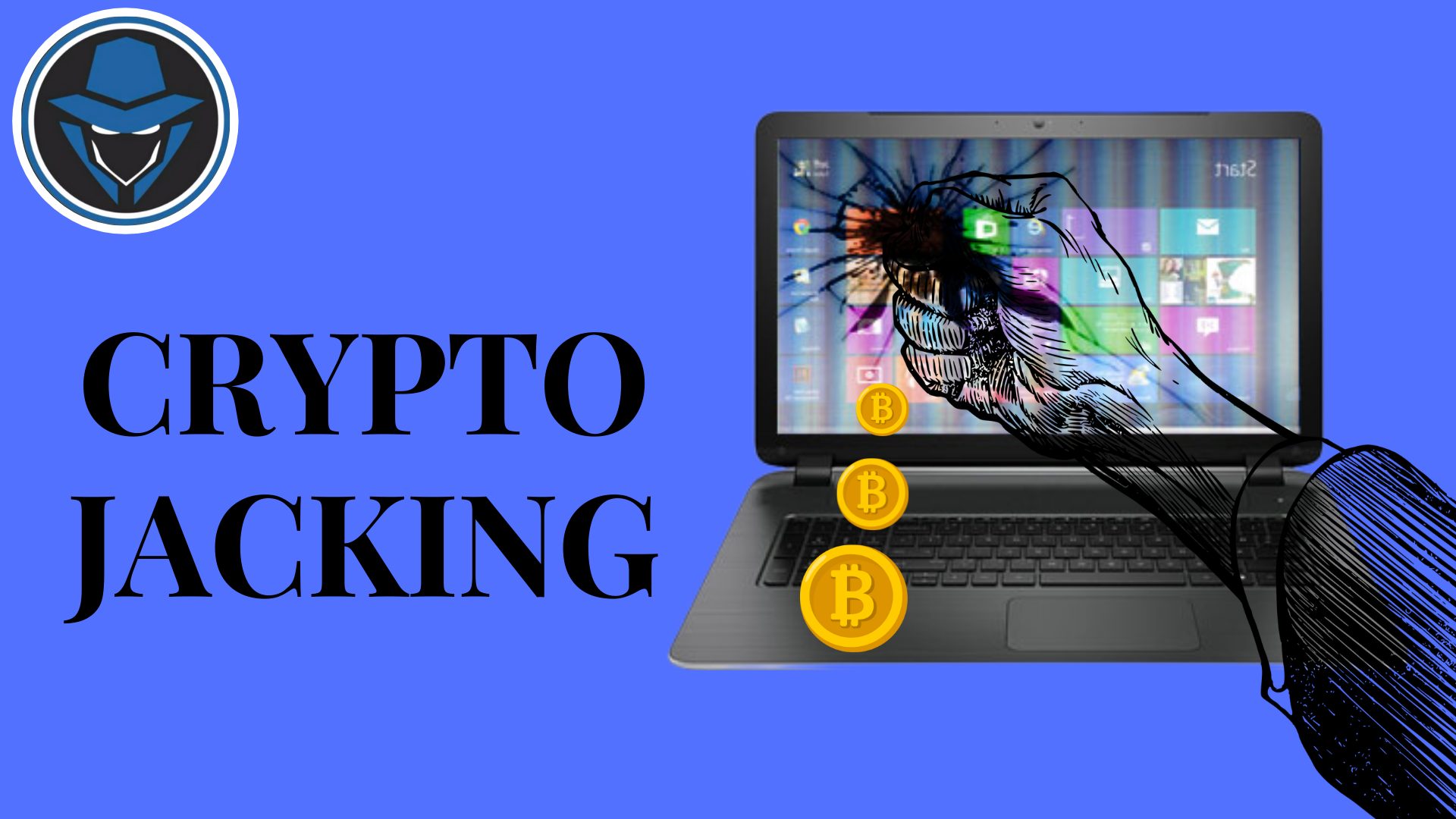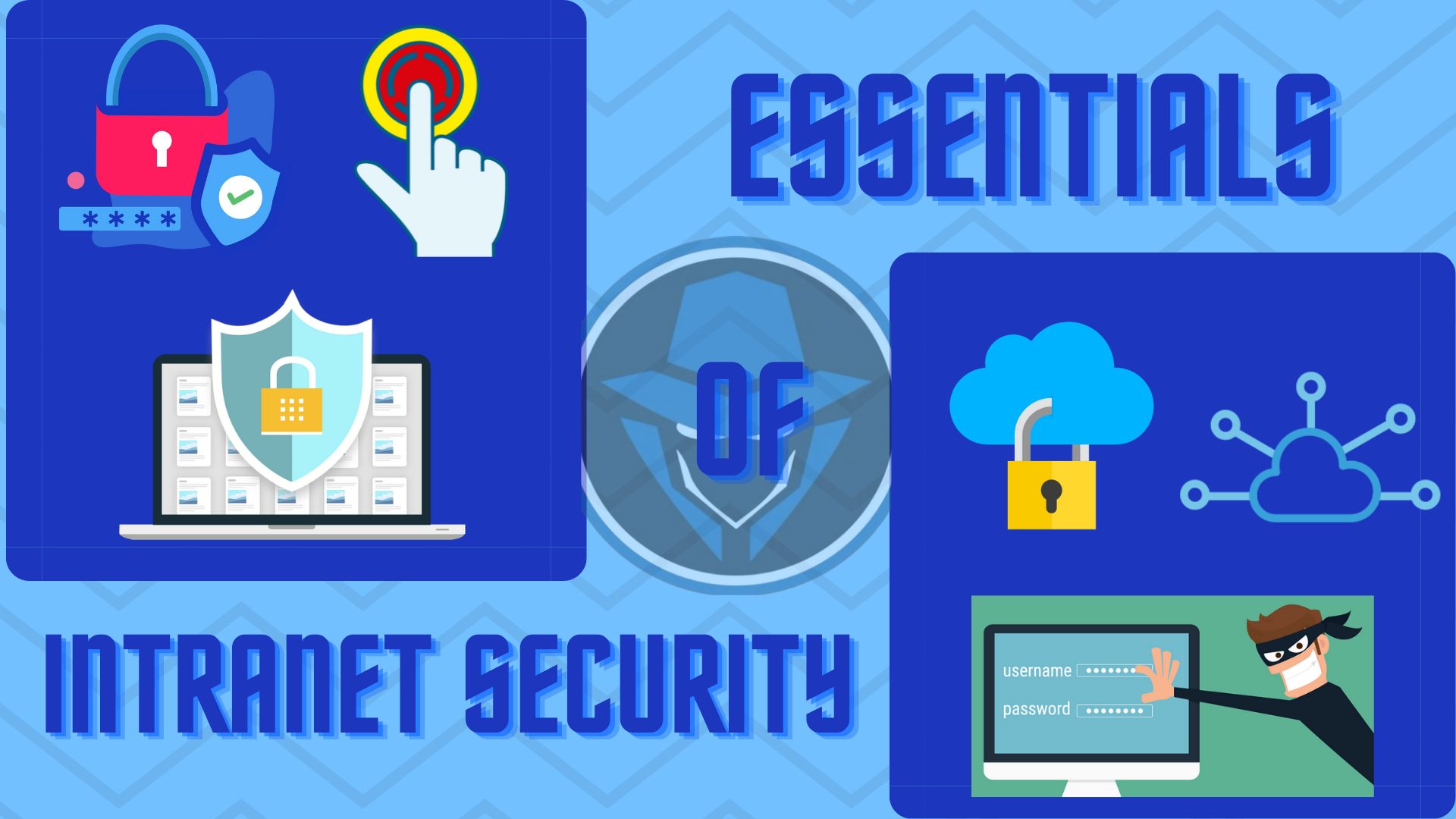Nowadays the internet is the most crucial part of our life. It becomes difficult to spend at least one day without the internet, it’s not our want, it has been converted into our needs and the most essential one. Wireless Network technologies are becoming widely used since they provide more flexibility and availability.
Whenever we go to any public place, we seek for free internet connection or desperately search for a free wifi connection, basically for public wifi. Public wifi can be found in several public places, for instance, airports, coffee shops, malls, restaurants, and hotels — and it allows you to access the Internet for free. And without even thinking twice we immediately and unconsciously connect our server with public wifi, unaware of the consequences.
According to research wifi does not use any kind of encryption, however, several risks are associated with it. Most users working on public WiFi have a lot of important, and possibly sensitive information on their devices, some of which could cause serious harm if a hacker gets ahold of it.
Some major risks associated with Public WiFi networks.
- Man-in-the-Middle attacks: it is one of the most common threats. Man in the middle attack is a form of eavesdropping, when any user connects its a dice with any public wifi and tries to transfer or share any sensitive or important information, it allows an attacker to poke his nose between the transmission, to purloin the data. It makes more possibilities of data breaches. It is an attack on privacy. This man in the middle can have access to all information that an individual had accessed through wifi connection.
- Unencrypted networks: Most routers are shipped from the factory with encryption turned off by default, and it must be turned on when the network is set up. If an IT professional sets up the network, then chances are good that encryption has been enabled, many websites offer encryption but some do not, being connected with any public wifi allows hackers to have unauthorized access if someone is connected with an unencrypted website, and it may result in a data breach.
- Malware distribution: due to software Vulnerabilities malware in the form of viruses, Ransomware, worms, adware, Trojan horses can affect the server, by taking advantage of software Vulnerabilities, Hackers target one of them and then inject the malware. The wifi owner or provider can inject these threats in the user’s system by using the hotspot itself, through ads also wifi is enabled to harm the server, they can install malware that could leave no stone unturned with all connections.
- Snooping and sniffing: Anyone affixed with the same network can eavesdrop on information that is sent and received by using a packet analyzer and packet sniffer. These tools are not only used for malicious activities. Cybercriminals can buy special software kits and even devices to help assist them with eavesdropping on Wi-Fi signals. These tools allow attackers and hackers to access any information you may have filled out and can even hijack your accounts while visiting that web page while using Public WiFi.
- Malicious hotspots: it is one of the main sources of risk cognate with Public WiFi. One of the dangers of using a public Wi-Fi network is that data over this type of open connection is often unencrypted and unsecured, by connecting to them, cybercriminals can view or operate several sensitive pieces of information. The hackers can easily plant infected software on the user’s computer. A rouge hotspot set by attackers hat provides free Wi-Fi access to its patrons.
- Theft of Personal Information: After having unauthorized access to the server through any public wifi, hackers can rein every piece of information like login credentials, financial transactions, financial information, personal data, and many more and result in solemn damage. Malicious use of Public wifi gives a hacker access to sniff out any information that passes between you and the websites you visit details of browsing activities, account logins, and purchase transactions. Your sensitive information, such as passwords and financial data, is then vulnerable to identity theft.
- Cyber Attacks on Businesses: It takes several years to build a reputation and a few minutes of cyber-incident to ruin it. A successful cyberattack can cause major damage to a business. It can affect the bottom line, as well as the business’ standing and consumer trust. The impact of a security breach can be mainly financial, reputational, and legal. Many employees use public wifi to do some business-related stuff, but sometimes consequences can be appalling and repellent, which can spoil several careers.
- Session Hijacking: It is one of the Public WiFi security threats here, Hackers take over the internet session. A session hijacking attacker can then do anything you could do on the site, Session hijackers usually target browser or web application sessions, A session hijacker can take over an internet session and cause big trouble for the user. In this attack, An unsuspecting internet user logs into an account, and then A criminal gains access to the internet user’s valid session.
Free public Wi-Fi is a hacker’s playground for stealing personal information. Public WiFi is linked with extreme security risks, open wi-fi is not the ideal choice for creatives while on the go for a few reasons, not least of which being piracy. The major risk with Public WiFi is privacy, it takes few hours to execute a data breach. While financial and personal information is the preferred target of online thieves, piracy of creative materials has been on the rise in recent years, and unsecured wireless is the primary avenue for theft.
Most of the threats take place in the servers which are connected to public wifi or free wifi, such as coffee shops, fast food restaurants, and many more. Even though many encryption techniques are taken by wireless networks, still the Wifi is vulnerable to hacking. As the Internet connects all computers, so hackers can quickly identify what computers are vulnerable to attack by scanning millions of computers.




